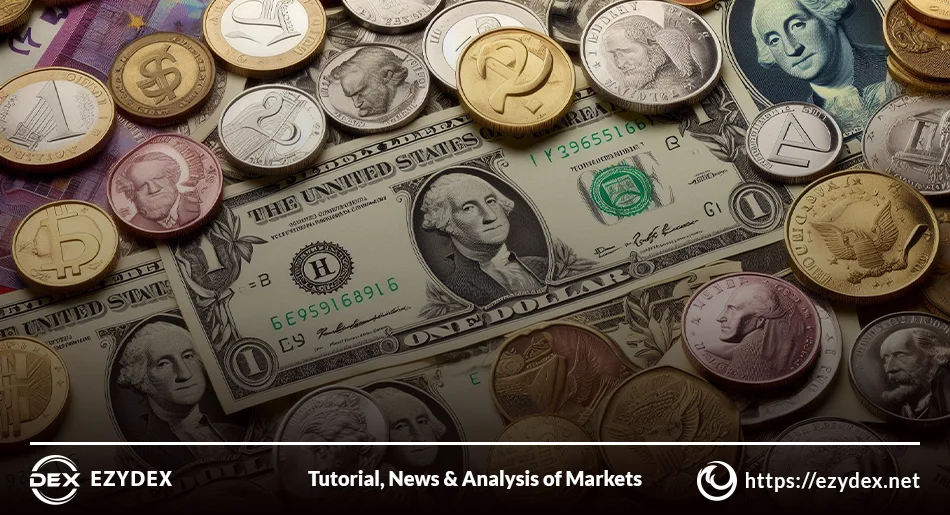Currencies play a critical role in the world of trade and economics. In this article, we’ll explore the different types of currencies, their features, benefits, and challenges to help you understand the diversity in the world of money.
What Is Currency, and Why Is It Important?
Currency is a monetary unit used as a medium of exchange within a specific country or region. It serves not only as a tool for buying and selling goods and services but also as a store of value and a measure of worth.
📌“Currencies are the backbone of the global economy, and without them, international trade would be impossible.” (John Smith, Economic Analyst)
Types of Currencies
Currencies can be categorized based on their usage, nature, or backing. Below, we explore the main types of currencies:
Fiat Currency
Fiat currency is government-issued money backed by public trust. Examples include the US Dollar (USD), Euro (EUR), and etc.

✅Advantages
Widely accepted for transactions
Regulated and controlled by governments
❌Disadvantages
Vulnerable to inflation
Value depends on monetary & economic policies
Cryptocurrency
Cryptocurrency is a type of virtual money built on blockchain technology. Examples include Bitcoin, Ethereum, and Tether.

✅Advantages
High security due to encryption
Decentralized and independent of governments
❌Disadvantages
High price volatility
Limited acceptance in some countries
Commodity Money
Commodity money derives its value from a commodity, such as gold, silver, or oil.

✅Advantages
Intrinsic value
Resistant to inflation
❌Disadvantages
Limited supply
Difficult to transport
Foreign Currency
Foreign currency refers to the money used in countries other than your own. These currencies are traded in the Forex (Foreign Exchange) market.

✅Advantages
Enables international trade
Diversifies investment opportunities
❌Disadvantages
Exchange rate fluctuations
Impacted by political and economic conditions
How to Choose the Right Currency?
Choosing the right currency depends on your financial needs and goals. Here are some key factors to consider:
- Financial Goals :
For long-term investments, cryptocurrencies or commodities like gold may be suitable options. - Risk Tolerance :
If you are risk-averse, fiat or commodity currencies may offer safer choices. - Geographic Location :
Access to different currencies varies based on your location.
Frequently Asked Questions About Currencies
Here, we have answered frequently asked questions that might be on your mind:
Fiat currency is government-issued money that is not backed by a physical commodity but relies on public trust.
Cryptocurrency is decentralized and based on blockchain technology, while fiat currency is centralized and controlled by governments.
Cryptocurrencies can be purchased through online exchanges or digital wallets.
Commodity money is no longer commonly used as a medium of exchange but remains a popular choice for investment and storing value.
Closing Remarks
The world of currencies is diverse and complex, with each type offering unique features and applications. Understanding the various types of currencies, along with their advantages and disadvantages, can help you make informed financial decisions. Choosing the right currency depends on your financial goals and risk tolerance, making it essential to evaluate your options carefully.
